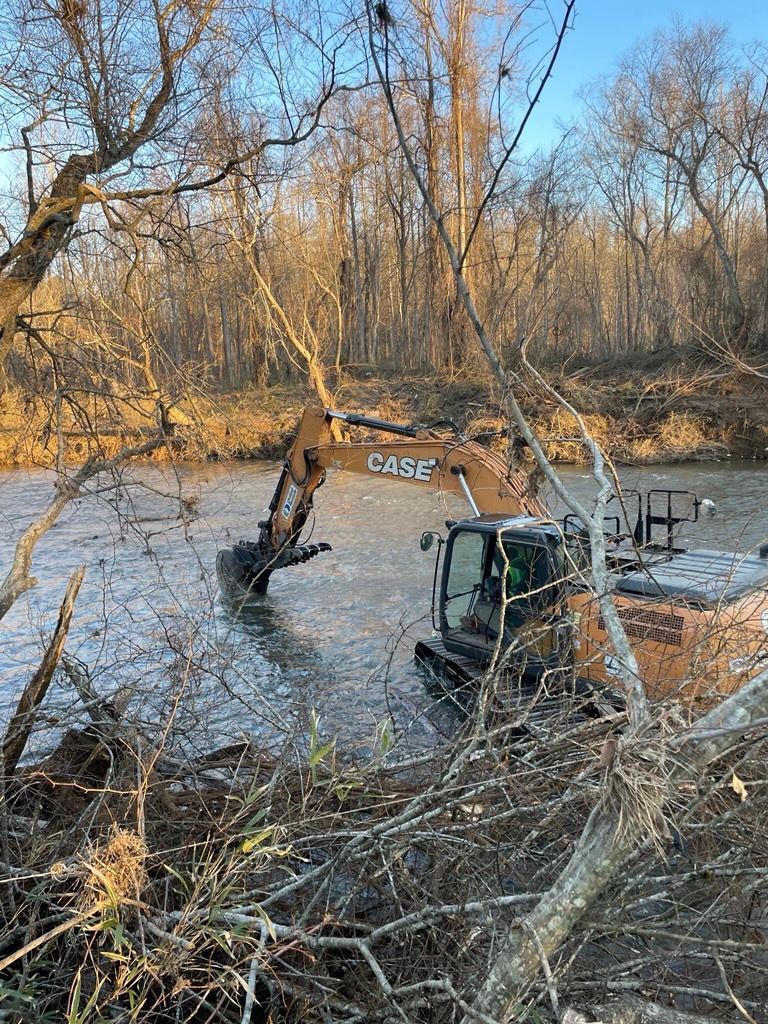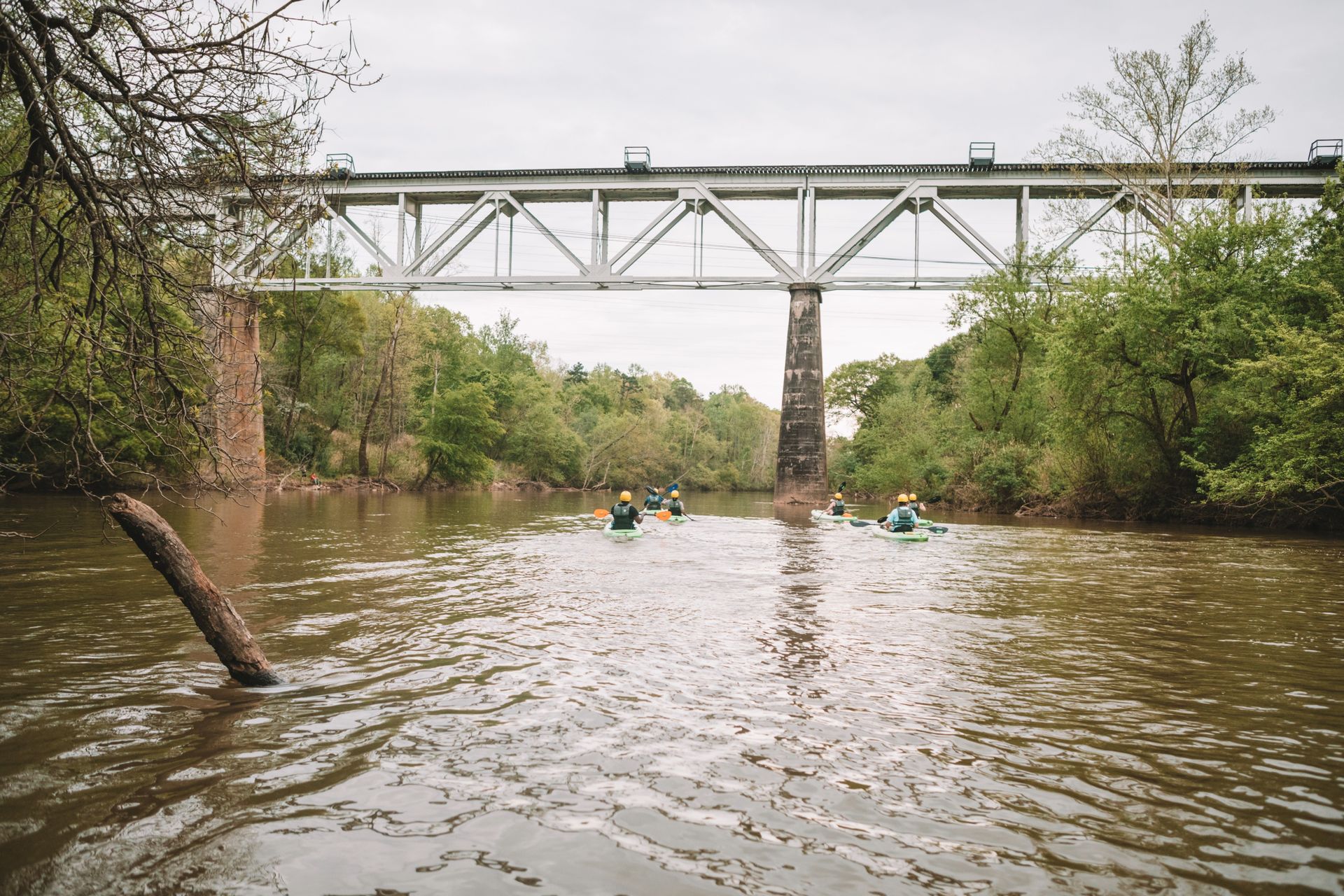2022 Engagement Impact
Record Numbers get on and in the water in 2022
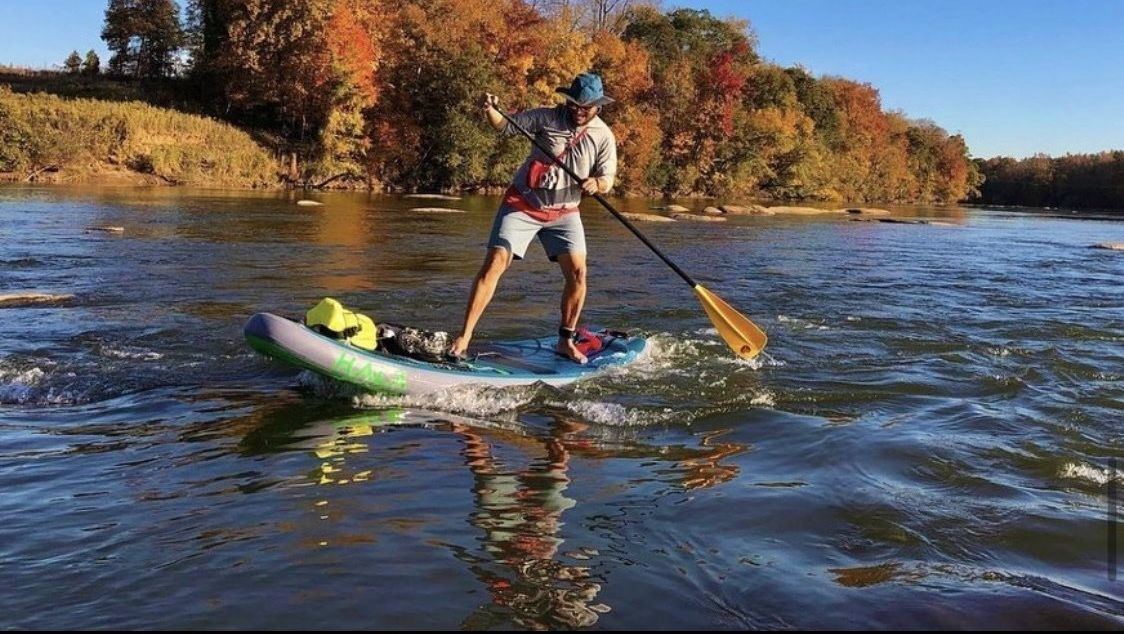
A crucial part of our 5-year strategic plan, Vision 2025, is to increase Catawba Riverkeeper’s opportunities to use engagement WITH the water to fund protection OF the water. Through our volunteer, community science, and kayaking programs we accomplished that at record levels in 2022!
We define “engagement” as anything that people do that is fun and interesting that gets them on, in, or near the water. This broad definition includes everything from stream and creek clean-ups to community science initiatives like our Trash Trap program to our popular kayak rental programs. This year more than 3,300 individuals took part in an engagement program with Catawba Riverkeeper, amassing a whopping 7,500 hours on or near the water!
Highlighted by our ever-popular clean-up programs, volunteers have contributed over 2,500 hours of time in 2022, a value of more than $75,000 based on the IRS’ volunteer time value rate. These individuals, corporate groups, schools, churches, and neighborhood associations have removed over 42,000 lbs of trash from our waterways thus far in 2022 and are working hard to grow that number before the end of the year as our local Riversweeps are ongoing with the cancellation of our annual Catawba Riversweep because of Hurricane Ian.
In addition to clean-ups, volunteers are also instrumental in two of our most popular and public sampling and collection programs – Swim Guide and Trash Traps. These programs train volunteers to conduct simple field work and report the data back to Catawba Riverkeeper for distribution to the public and for advocacy efforts at the local, state, and federal levels. Swim Guide again had tens of thousands of views in 2022 and we couldn’t have done it without our volunteers and our Trash Traps continue to provide us valuable insights into the types and amount of litter in our waterways.
For those residents just looking for a good time or an adventure on the water, our recreational kayaking program has scaled to meet demand as well. Over 2,300 people joined us for a paddling event in 2022, a nearly 30% increase over the previous year. Our most popular trips included paddling the South Fork from The Boathouse, Lake Wylie from Kevin Loftin Riverfront Park in Belmont, and our Thursday Evening Paddle Series that explores great paddling spots around the basin. We also added Full Moon Paddles at Rankin Lake Park in Gastonia in 2022 which were a huge hit! Many folks also engaged with the water for the first time through our Intro to Kayaking, SUP Basics, and Private Lessons throughout the year.
As we look forward to the 2023 on-the-water season, be sure to follow Blue Heron Adventures, the home of all things paddling and outdoor recreation at Catawba Riverkeeper. As a wholly owned entity of Catawba Riverkeeper, all proceeds of Blue Heron Adventures go back to preserving, protecting, and restoring the waters of the Catawba-Wateree River Basin. Plan your adventure now and know that you’ll not only have a great time, but you’ll learn how YOU can be a part of protecting clean water.
If you are looking for volunteer opportunities, October-March is the best time for a river, lake, or stream clean-up when the temperatures, vegetation, and critters are lower. CLICK HERE for upcoming opportunities to get your feet wet and take some trash out of our waterways or LEARN MORE HERE about our Community Science offerings that will allow you to play a vital role in gathering data about our local waterways.
We’ll see you on the water in 2023!

